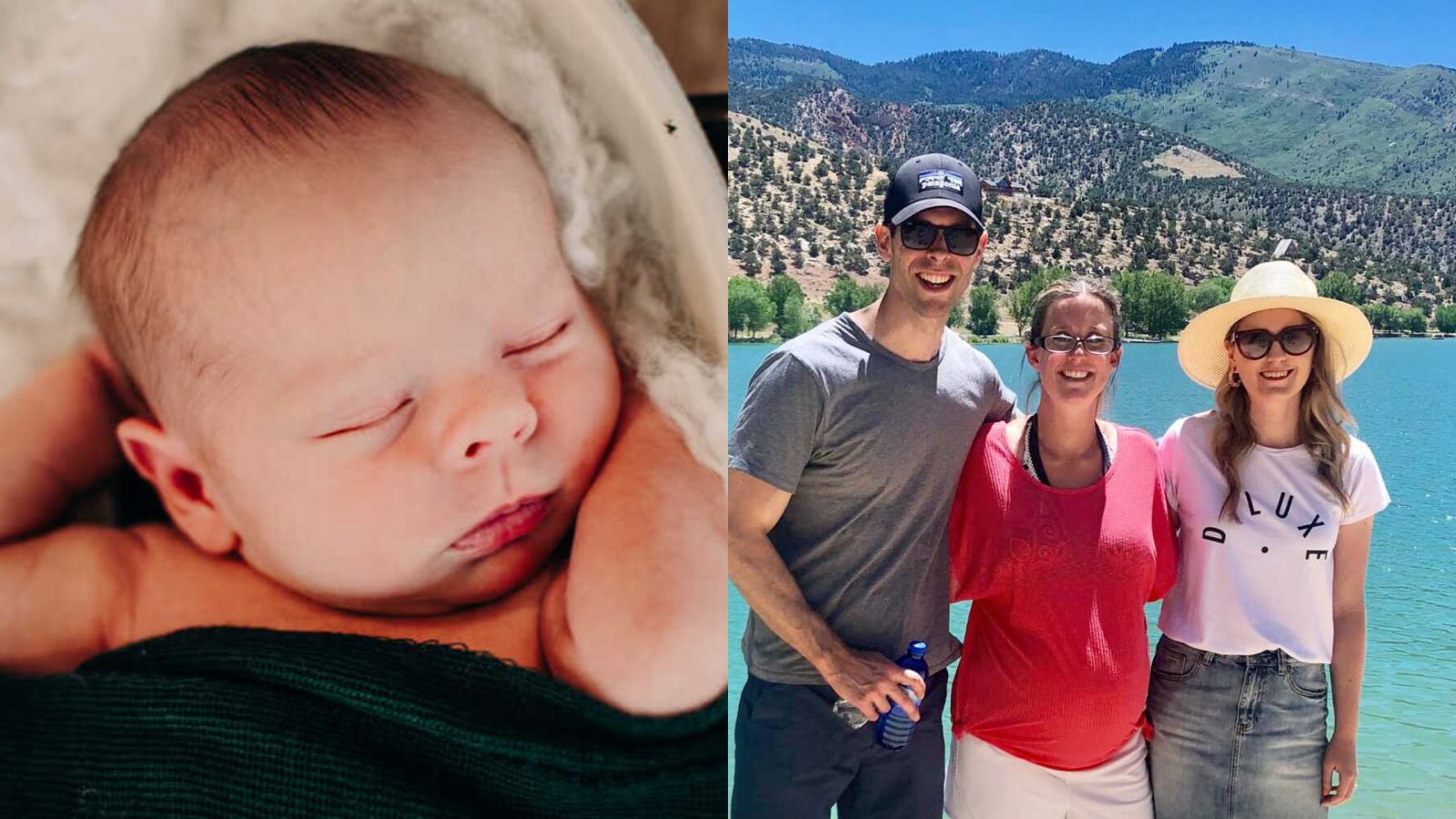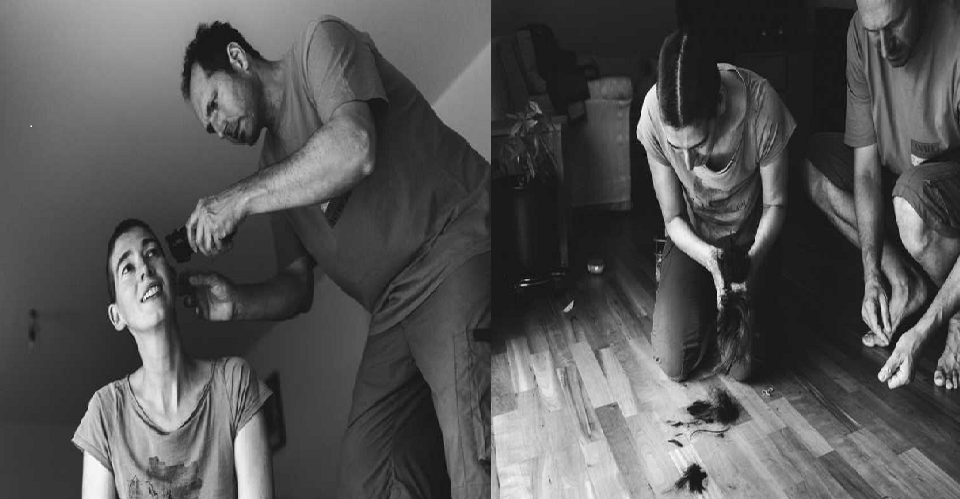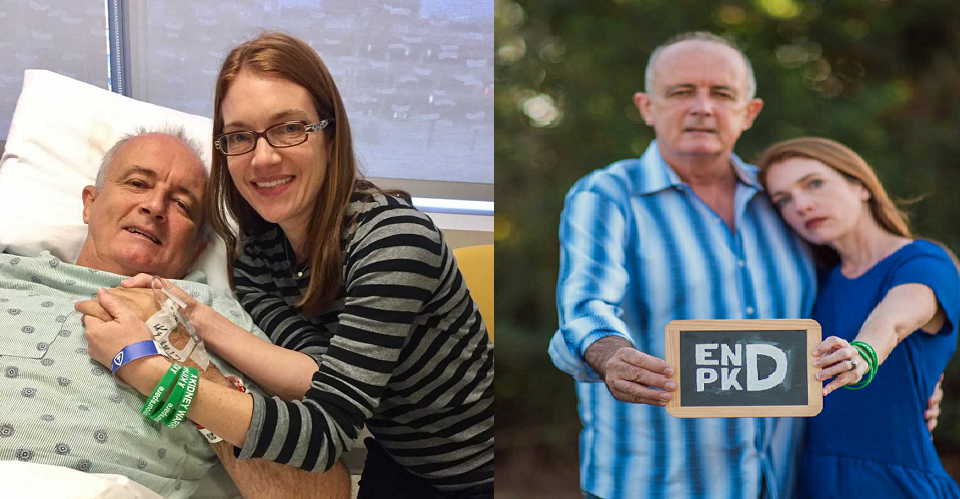It took six long years, countless injections, and the generosity of a selfless surrogate before we finally welcomed our son, Spencer John Wilson, into the world. His arrival was the most beautiful reward for a journey that tested every part of me, my body, my marriage, and my faith.
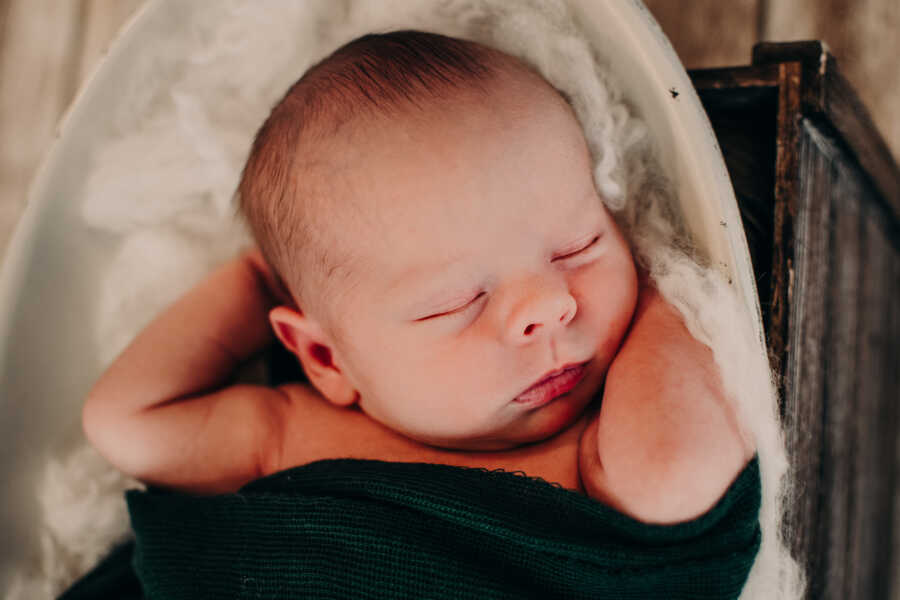
At one point, I counted the number of injections I had given myself with artificial hormones: 700. Looking back, those shots were the easy part. The real battle was the heartbreak that followed every failed cycle, every loss, and every crushing disappointment.
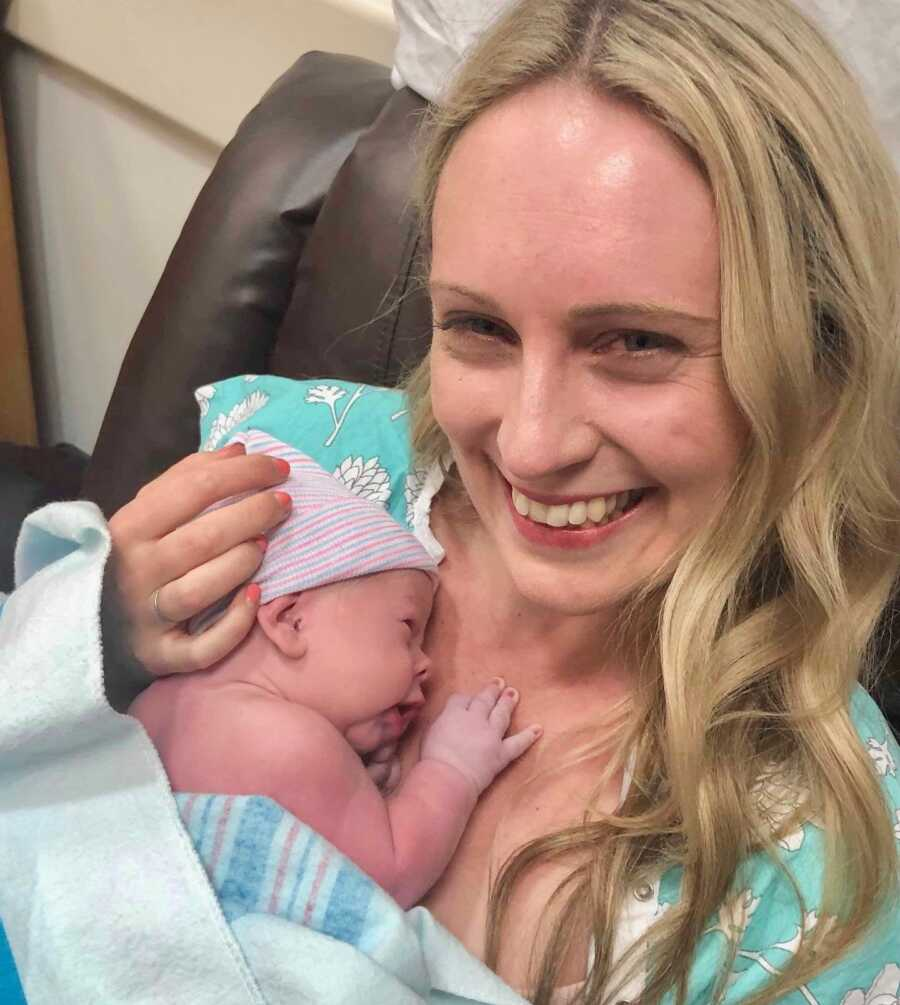
Over the years, we endured sixteen failed IVF transfers, four failed IUI transfers, seven egg retrievals, three miscarriages, and two international surrogacy attempts. Each time, I thought I had reached my breaking point. Each time, I pushed through, because the dream of holding a child of our own was stronger than the pain.
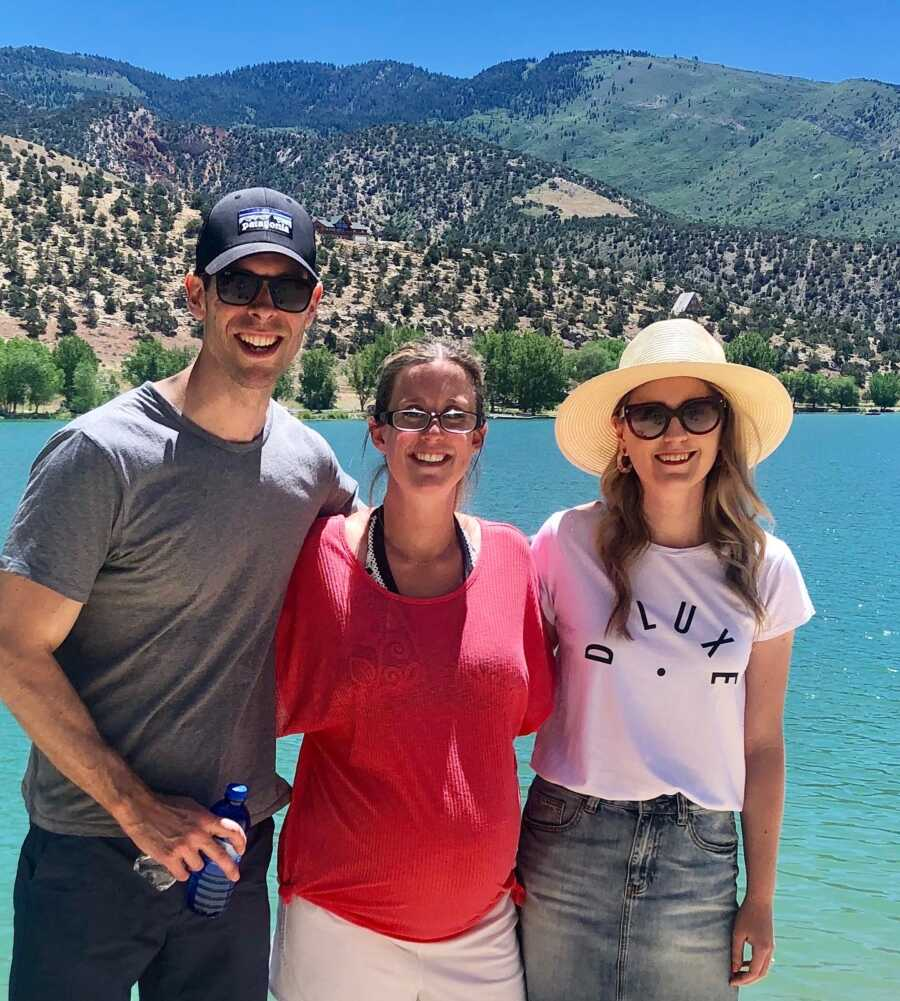
When my husband Ryan and I married in 2011, starting a family seemed like the natural next step. We were in our early thirties and believed it would happen quickly. After a year of trying, we realized something wasn’t right, and our infertility journey officially began.
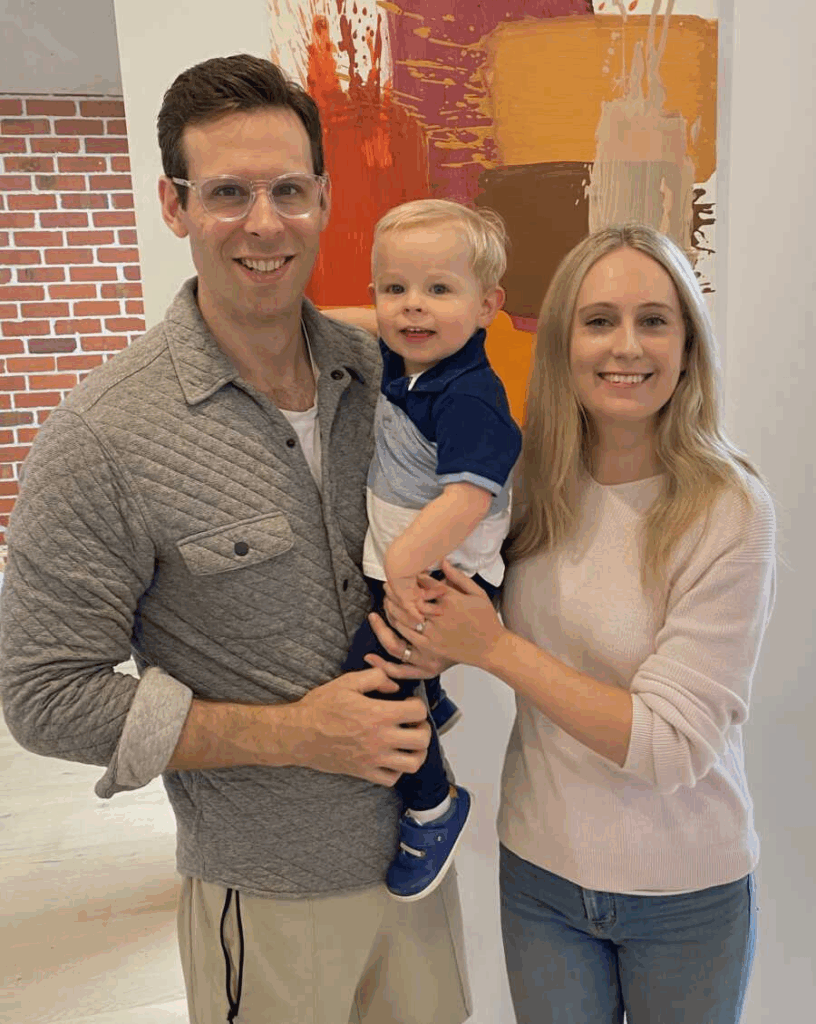
At first, doctors prescribed medications and IUI cycles. When those failed, we turned to IVF. Nothing prepared me for the emotional roller coaster that followed. Some weeks I was angry, heartbroken, and full of guilt—why couldn’t my body do the one thing it was meant to do? Other weeks, I felt hopeful and determined. Balancing those emotions for years was exhausting.
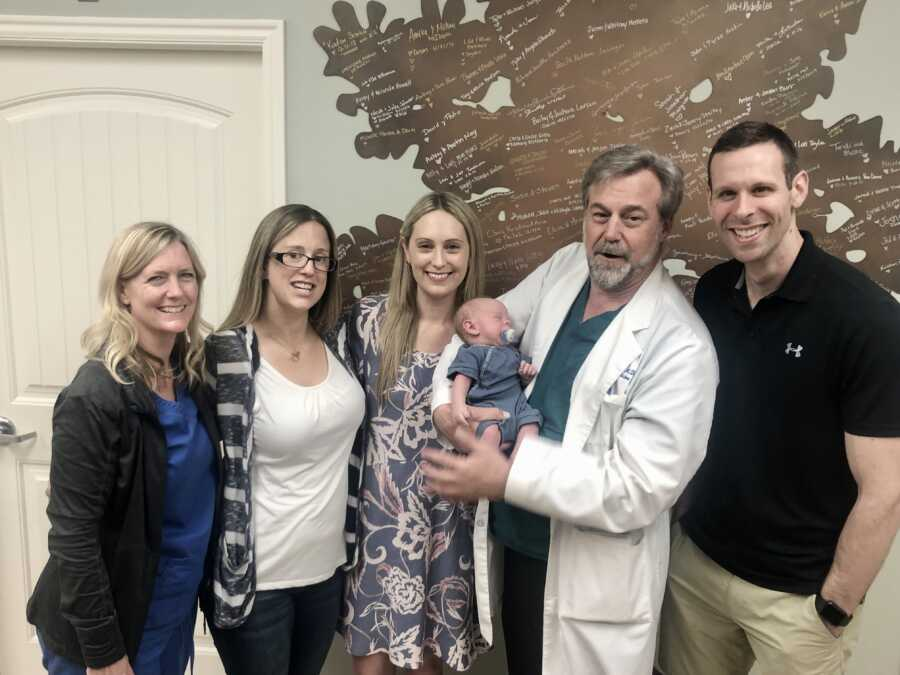
After several failed transfers and an ectopic pregnancy, my doctors noticed a problem: my uterine lining was always too thin. In Australia, the minimum lining measurement for transfer is 6mm, and mine barely reached that. What I didn’t realize then was how crucial the lining is for sustaining a pregnancy. Ideally, it should be around 10–12mm. At 6mm, my chances were slim.
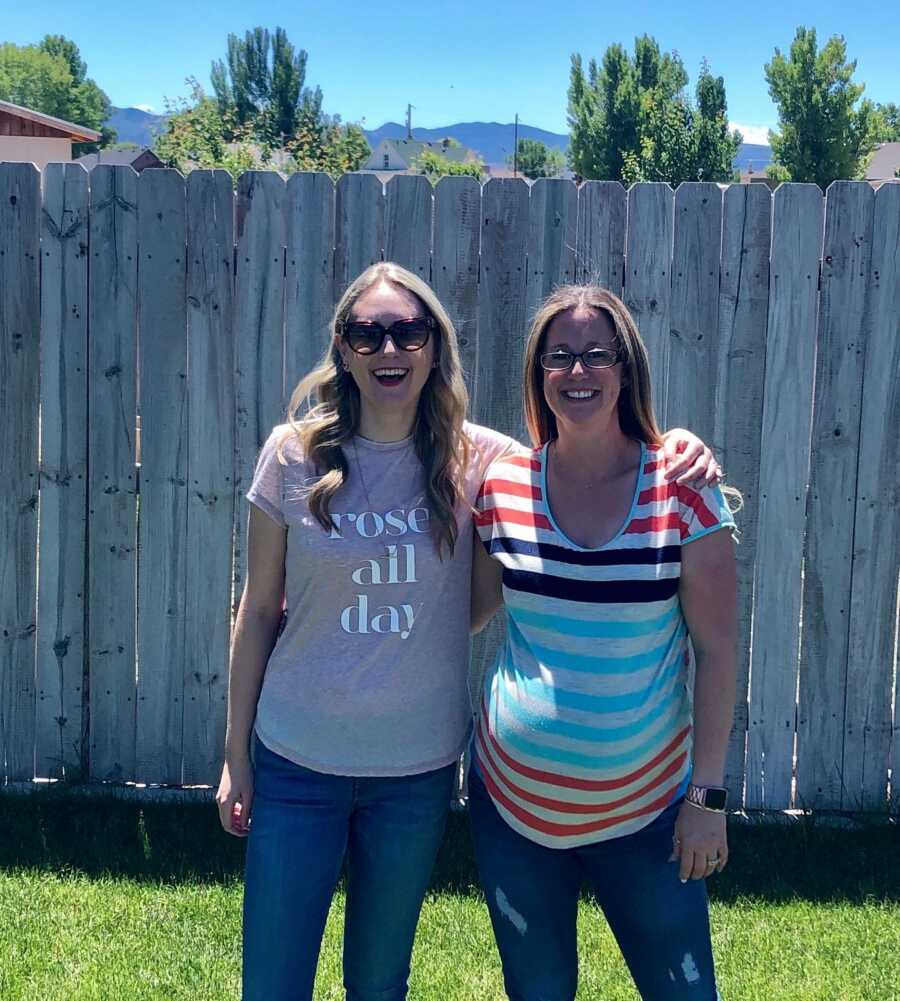
When we consulted an implantation specialist, he told us bluntly that my condition was rare, likely genetic, and very difficult to fix. Surrogacy, he explained, was our best option. I left his office shattered. At work later that week, I kept my grief to myself. It struck me how invisible infertility can be. When someone breaks a bone or has surgery, people rally around them. But infertility, though recognized as a medical disease, is often suffered in silence.
Despite the warning, we tried again. Against the odds, I became pregnant. The joy was overwhelming, but fear quickly crept in. At our first scan, we learned the baby’s heartbeat was too slow. Days later, she was gone. I later found out she had been genetically normal, a healthy baby girl. That knowledge crushed me. The problem wasn’t the embryos. The problem was me.
It was time to turn to surrogacy. In Canada, we connected with Julie, a generous woman who offered to carry our child. The day of our first transfer, disaster struck. The container that was supposed to hold our embryos arrived empty. No one had ever heard of such a thing happening. It was devastating beyond words. We tried again with new embryos, but every transfer failed.
Broken and weary, I began seeing a psychologist who introduced me to cognitive behavioral therapy. She encouraged me to focus on what I had instead of what I lacked, and to stop letting infertility consume my entire identity. Slowly, I rebuilt my resilience.
We ultimately focused on the United States, where we met our surrogate, Leigha, along with her husband, Josh. From the start, we shared a deep bond. Our first transfer failed, but the second worked. Hearing the heartbeat at eight weeks gave us hope. At ten weeks, I woke to a message that shattered me: we had lost the baby. For the first time in my life, I felt like giving up.
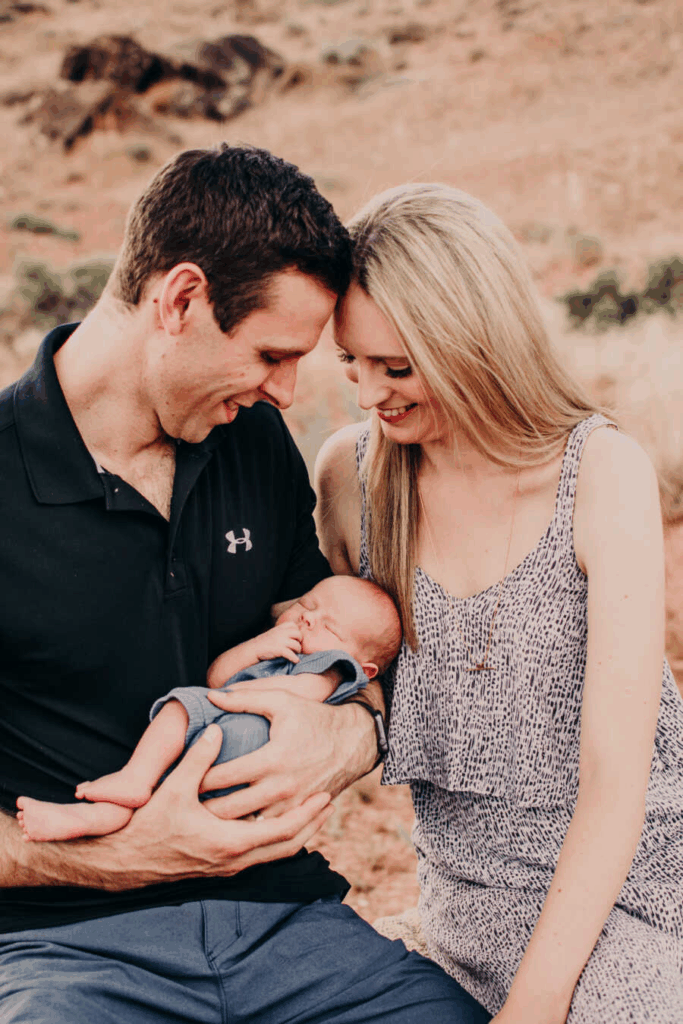
But Leigha reminded us not to lose hope and encouraged us to keep going. Ryan reminded me of what the doctors had said, that the miscarriage was rare and unlikely to happen again. So we gathered the courage for one final attempt. This time, it worked. Nine months later, our son Spencer was born.
Currently, Spencer is a lively, cheerful two-and-a-half-year-old with a mischievous smile and a giggle that can warm anyone’s heart. He’s a testament that love and determination can overcome great obstacles.
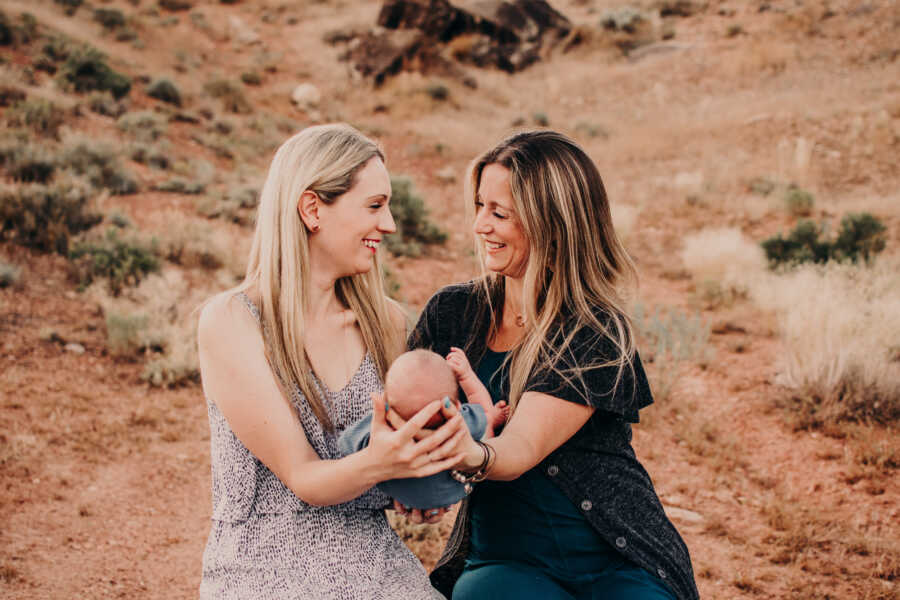
Infertility is difficult and can seem incredibly isolating. However, you are not by yourself. Engage with individuals who comprehend, express your narrative, and allow others to assist you. The path might be difficult, yet wonders can occur.
